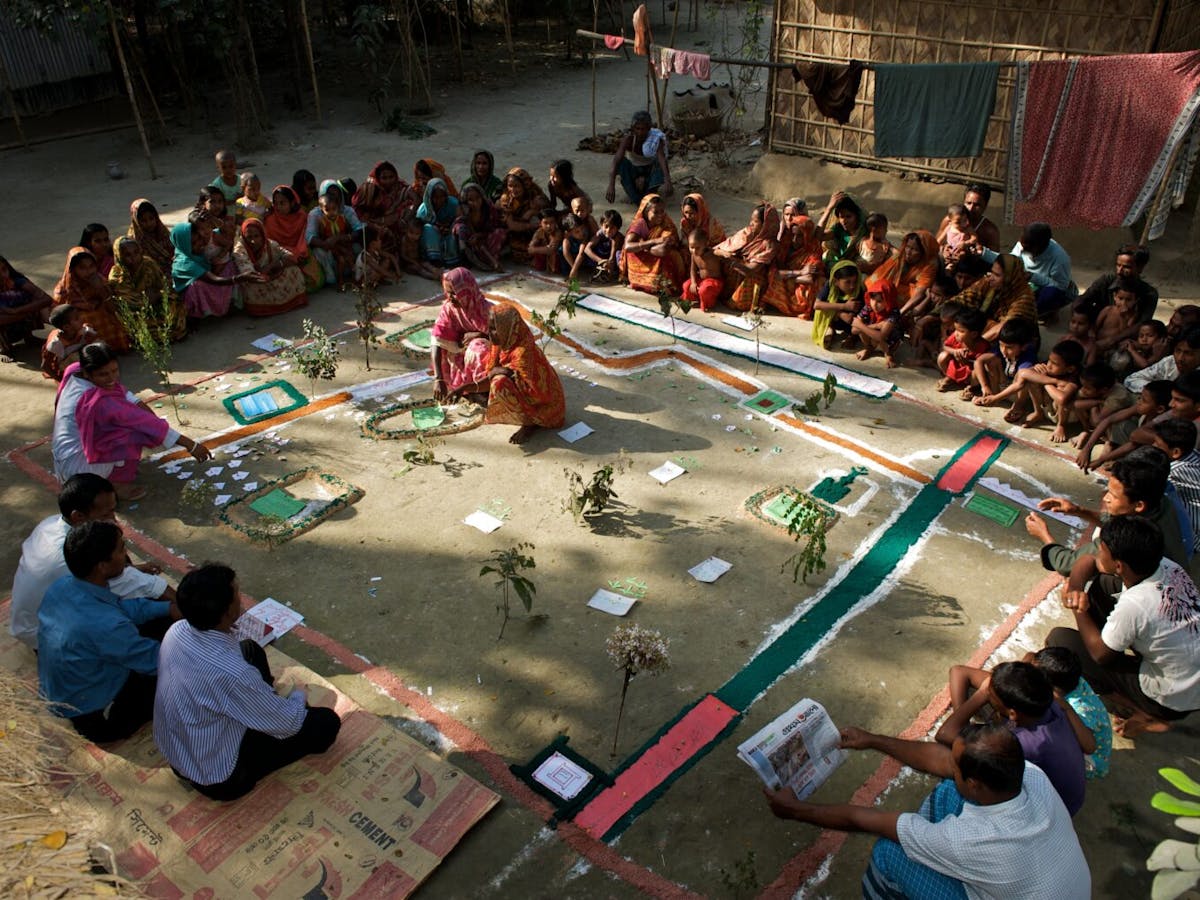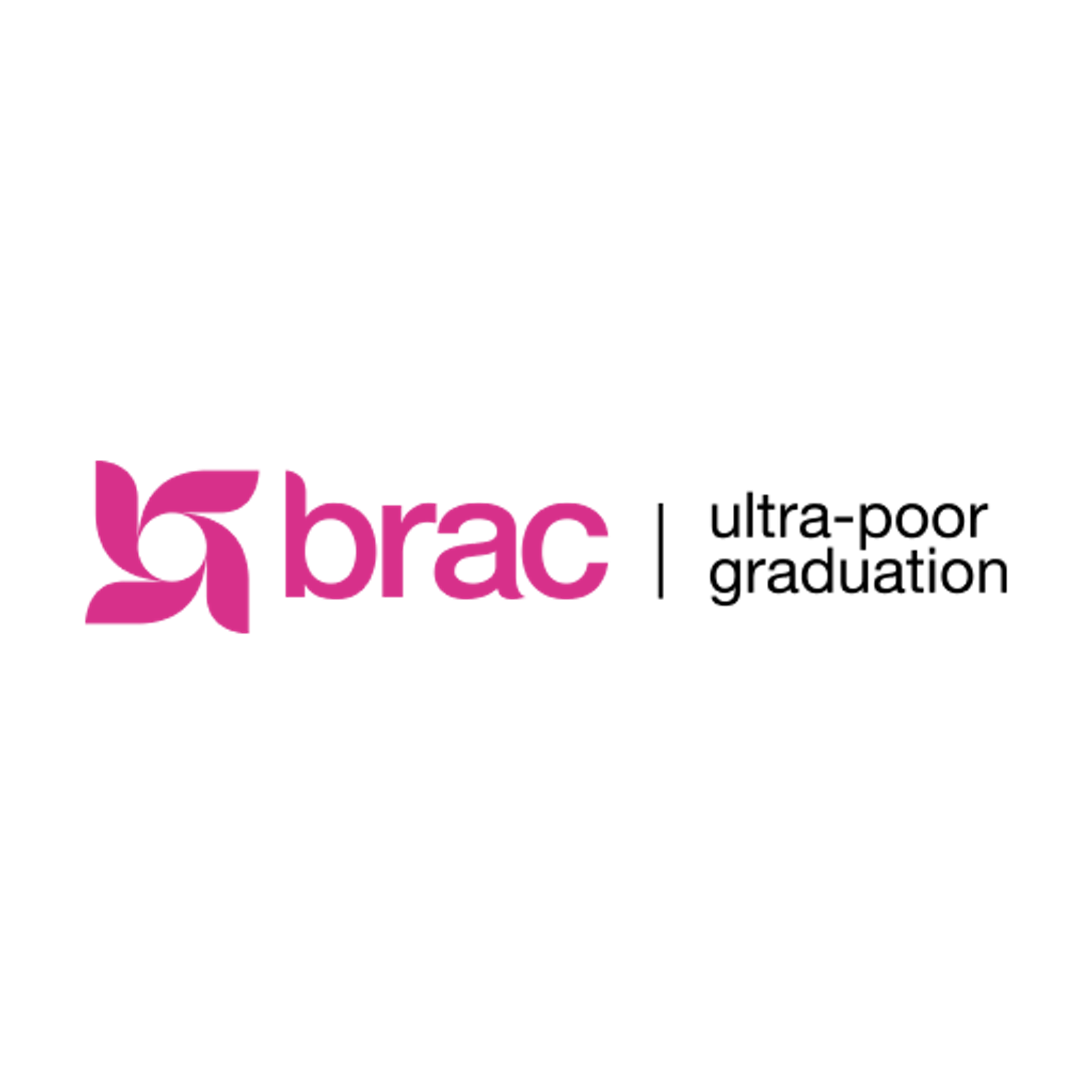How Graduation can complement social protection for women in extreme poverty – OECD
Published: June 27, 2022

Successive crises including COVID-19, climate change, conflicts, and the emerging global food crisis will force 75 to 95 million more people into extreme poverty this year compared to pre-pandemic estimates, according to the World Bank. With 700 million people already living in extreme poverty today (back to 2018 levels), people and societies urgently need social protection to cope with economic shocks.
Amidst calls for expanded social protection – from the G20, the G7, the International Labour Organisation, the OECD, the UN, World Bank, and others – the question arises: are people living in extreme poverty best served by a broad “universalist” approach or do they also need poverty alleviation programmes that are better tailored to their needs?
Our experiences implementing the Graduation Approach in the Global South over more than 20 years, and as part of the Leadership Collaborative to End Ultra-Poverty (a consortium of 75+ participants from 30+ institutions including INGO/NGOs, researchers, governments, bi/multilateral agencies, and others), has shown us that a large subset of people in extreme poverty are especially marginalised, socially isolated, and unable to tap into existing government services. “Targeting” is central to serving this group, in tandem with universal social protection floors.
Households in extreme poverty are disempowered in many ways. In addition to social exclusion, they often lack income to cover basic needs, as well as skills and capital to access productive livelihoods, savings, and other financial tools. They might lack access to healthcare, clean drinking water and education. Not only are they more likely to work informal jobs that are not covered by contributory social protection schemes, but they are also less likely to have the information or documentation to access non-contributory programmes. All these factors contribute to psychosocial stress that results in lower confidence, motivation and hope for the future. Without a more intentional approach, broad-based or universal floors are still likely to leave these households behind.
“Graduation” for those furthest behind: a transformative effect on women and their households
Graduation rests on the understanding that extreme poverty is about more than a lack of income. It typically entails a lack of clean drinking water, access to healthcare, and education, among other deprivations, requiring more than single-source interventions like cash transfers. While cash support provided by many social protection schemes is extremely valuable, it is often less effective at sustainably breaking extreme poverty cycles.
Graduation, sometimes described as an “economic inclusion” intervention, is tailored to address the multidimensional aspects of extreme poverty, to achieve a long-term, transformative impact. This is backed by a rich body of research substantiating outcomes spanning more than a decade, from multiple contexts and a variety of implementation models, including those layered onto government social safety nets. One such recent study of a large-scale Graduation programme in Bangladesh, reaffirms the presence of a poverty trap, which requires a “big push”; a significant transfer of assets, in order for households to escape and continue moving on a pathway out of poverty over time.
The Graduation approach – a multifaceted set of time-bound interventions, provides such a “big push”. These interventions generally include meeting participants’ immediate basic consumption needs, providing training and assets for income generation, financial literacy training and savings support, and social empowerment through community engagement and life skills training—all facilitated through in-person coaching. The Graduation approach is more complex than a singularly focused social protection or jobs intervention. It is costlier and harder – albeit demonstrably possible – to scale. It can also be cost-effective – but not for everyone. In the 20 years our community has been implementing, evaluating, and evolving Graduation, we found that these programmes are most transformative and cost-effective for women of working age who live in extreme poverty, because they have the working capacity, but lacked the skills, and financial and social capital to enter into productive livelihoods.
Critically, Graduation is not about graduating out of social protection schemes, but into a sustained level of resilience, part of which is enabled by the linkage to available social protection schemes, in addition to social empowerment and livelihood interventions.
Universal vs. targeted: a false dichotomy
Some experts have argued that targeting a specific population is too narrow in focus, can be inaccurate as a methodology and exclude many in need. We believe that pitting universalist social protection approaches against targeted poverty alleviation programmes like Graduation is a false dichotomy. It should not be an either/or choice but a matter of finding the right approach for specific populations and contexts within a broader framework of inclusion. We believe that a targeted intervention like the Graduation approach, in tandem with other social protection schemes, is the most effective path for these households.
From the above, we draw three conclusions from our work:
1) Universal social protection will advance the inclusion of people living in extreme poverty – as well as wider “at risk” populations who teeter along contentiously defined poverty lines.
2) Targeted support for people living in extreme poverty can benefit the universal agenda by overcoming current barriers to the inclusion of these communities.
3) People living in extreme poverty need more than access to social protection; additional interventions, like social empowerment, financial and savings skills, and sustainable livelihoods, all of which are key elements within the Graduation approach, can enable them to break out of the poverty trap.
